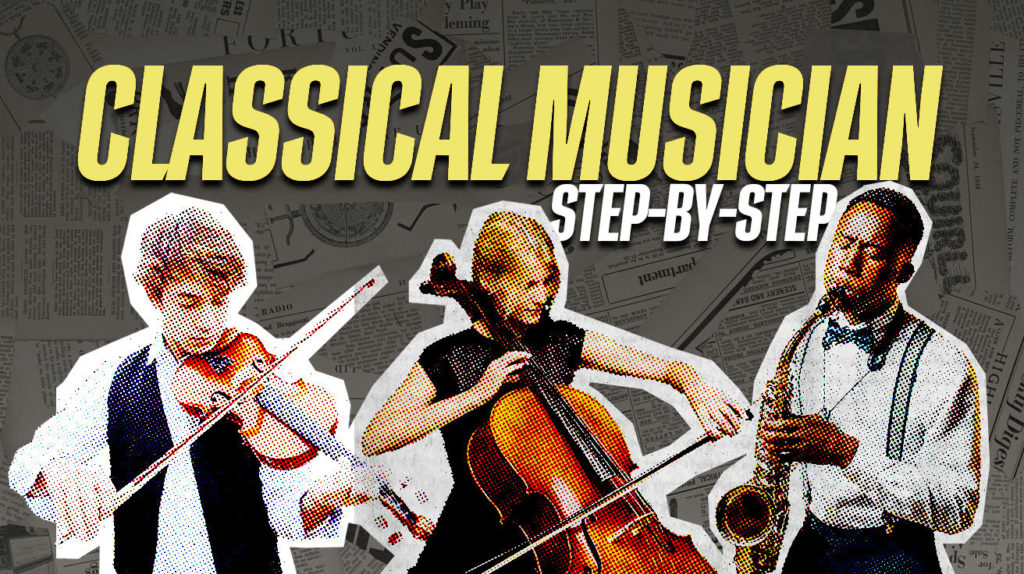
Embarking on a journey to become a classical musician is as much about dedication as it is about passion. Whether you’re picking up an instrument for the first time or refining your craft, these essential steps will guide you toward success, while helping you appreciate the art form’s depth and beauty.
15. Choose Your Instrument Wisely
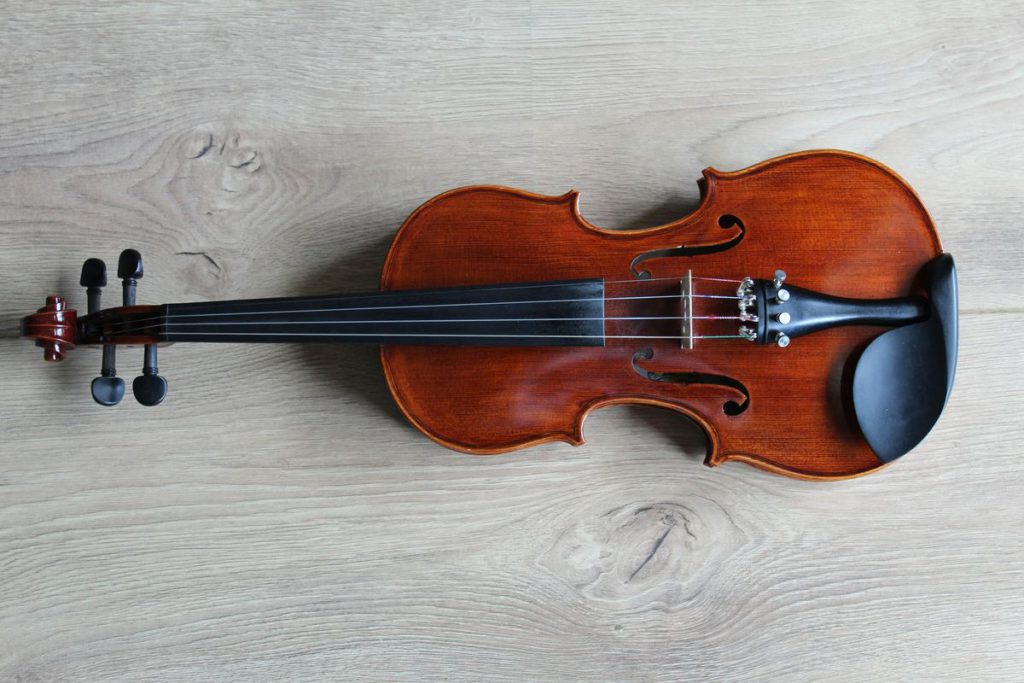
The first step in your musical journey is selecting an instrument that resonates with you. While many gravitate toward classics like the violin, other options such as the cello or viola offer their own unique appeal. Your choice will shape your learning experience, so take time to explore instruments and find the one that speaks to your heart. Whether you’re aiming for orchestral glory or solo mastery, this decision is foundational.
14. Learn to Read Sheet Music

Sheet music is the language of classical music, and learning to read it is a must. Start with the basics—staff lines, note values, and rhythms. Mnemonics like “Every Good Boy Deserves Fudge” for the treble clef can make early learning easier. As you gain fluency, you’ll unlock a world of compositions, from simple melodies to intricate symphonies, giving you the tools to bring music to life.
13. Find a Teacher You Trust

A great teacher is more than an instructor—they’re your mentor on this journey. Seek out someone experienced in your instrument who can guide you through techniques and inspire your practice. Their feedback and encouragement will keep you motivated, ensuring steady progress and helping you navigate challenges along the way.
12. Commit to Lifelong Practice

Practice isn’t just a phase; it’s a lifelong commitment for any musician. Set aside daily time to refine your skills, focusing on technique, scales, and pieces. Even during busy times, consistent practice will ensure you continue growing as a musician. It’s not about perfection overnight—it’s about steady improvement.
11. Invest in a Quality Music Stand
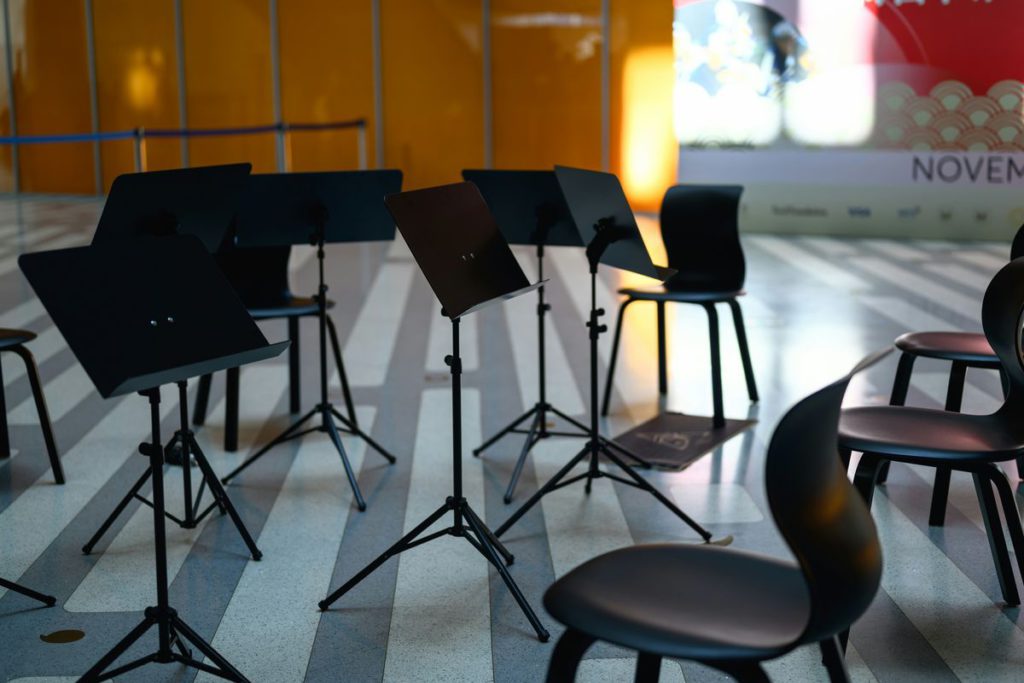
A flimsy wire music stand might work in a pinch, but it’s worth upgrading to a sturdy, adjustable stand. A good stand can hold heavy sheet music securely and won’t wobble during practice. It’s a small investment that eliminates unnecessary distractions, allowing you to focus on what matters—your music.
10. Master Musical Terminology
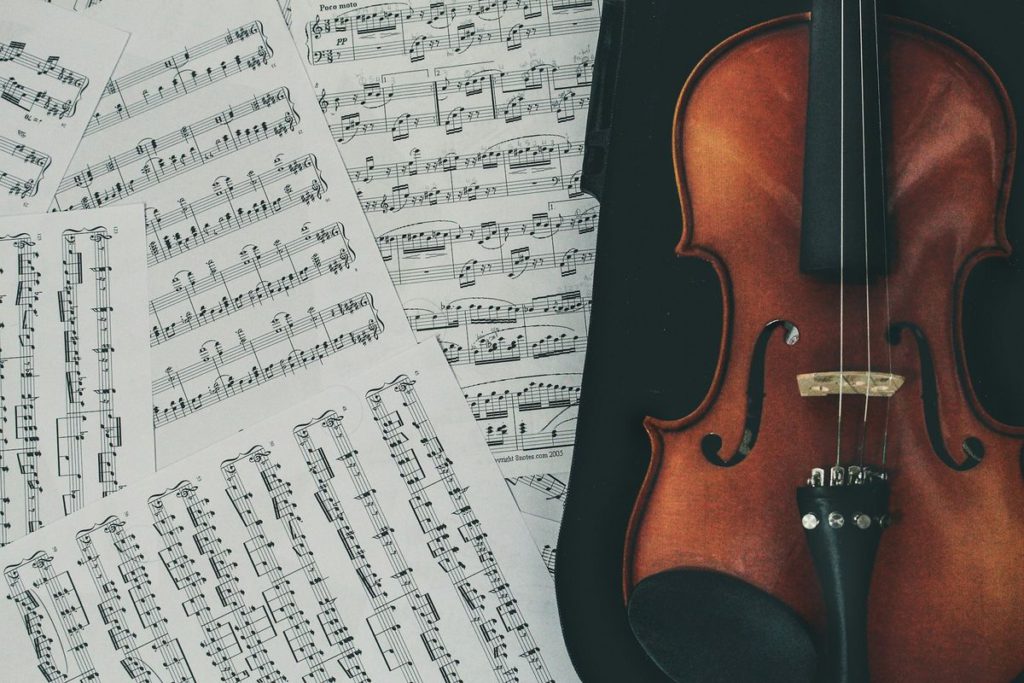
Classical music is steeped in terminology, much of it in Italian. Words like legato, allegro, and fortissimo offer guidance on how to interpret a piece. Learning these terms enriches your understanding and helps you connect with other musicians, giving you a shared language to discuss nuances and interpretations.
9. Stay Humble and Collaborative
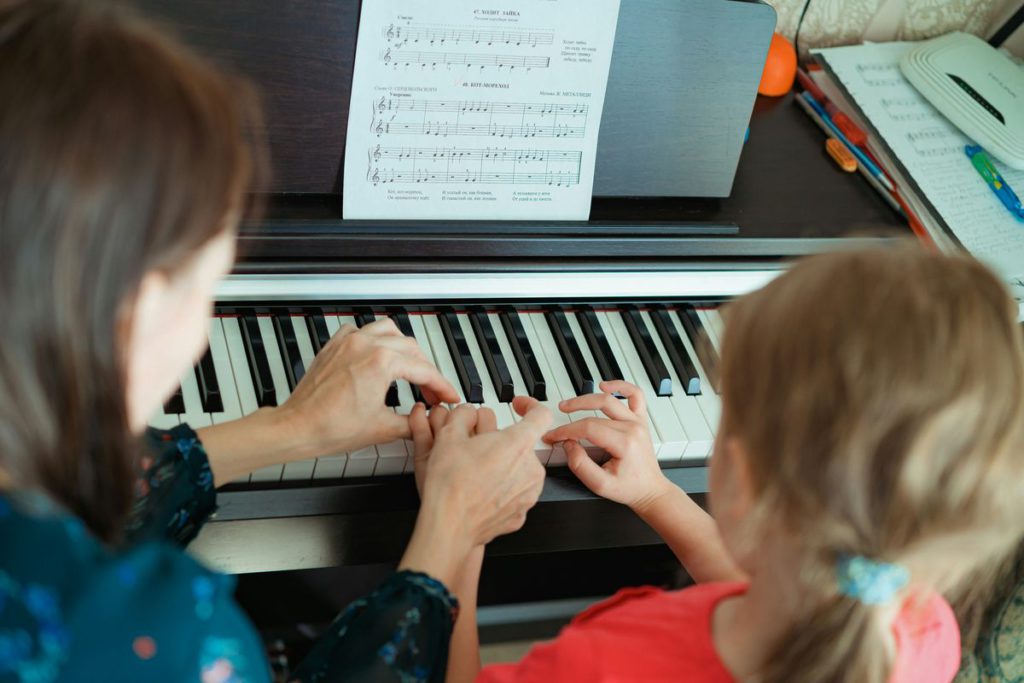
Classical music thrives on collaboration. Whether you’re playing in an orchestra or a small ensemble, humility goes a long way. Embrace feedback, share ideas, and avoid pretensions like adopting accents or airs. Genuine connections with fellow musicians often lead to the most rewarding experiences and creative breakthroughs.
8. Appreciate Instrument Hierarchies—But Own Your Choice
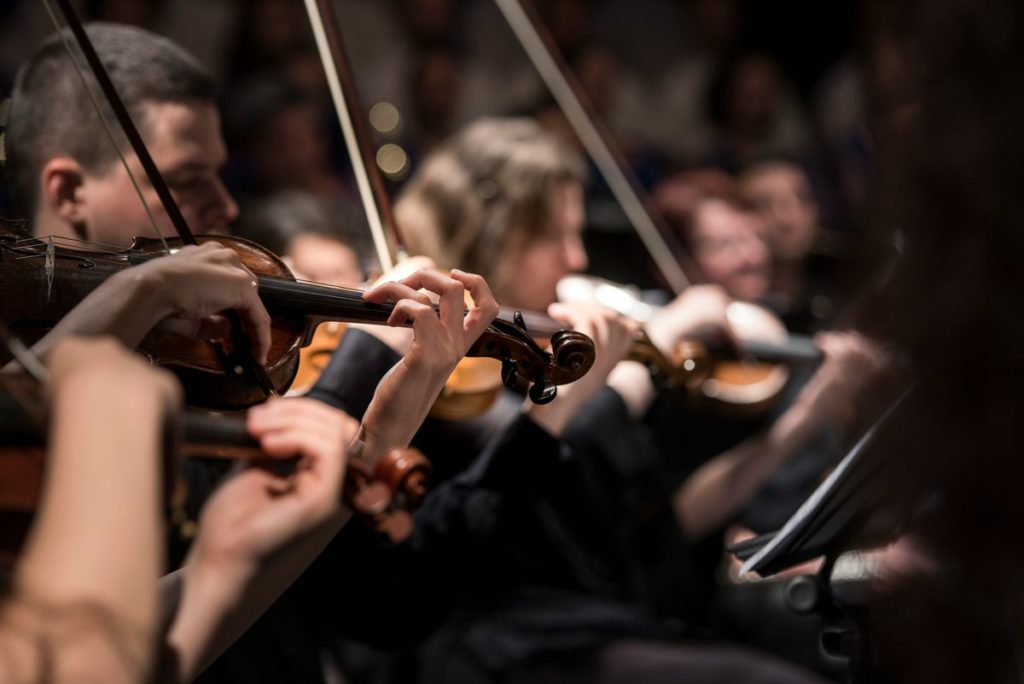
Not every instrument gets the spotlight in the classical world, but every role is vital. The viola might not have the fame of the violin, but it brings depth to an orchestra’s sound. Celebrate your instrument’s unique contribution, and remember that music is a collective effort.
7. Prepare for Your First Audition
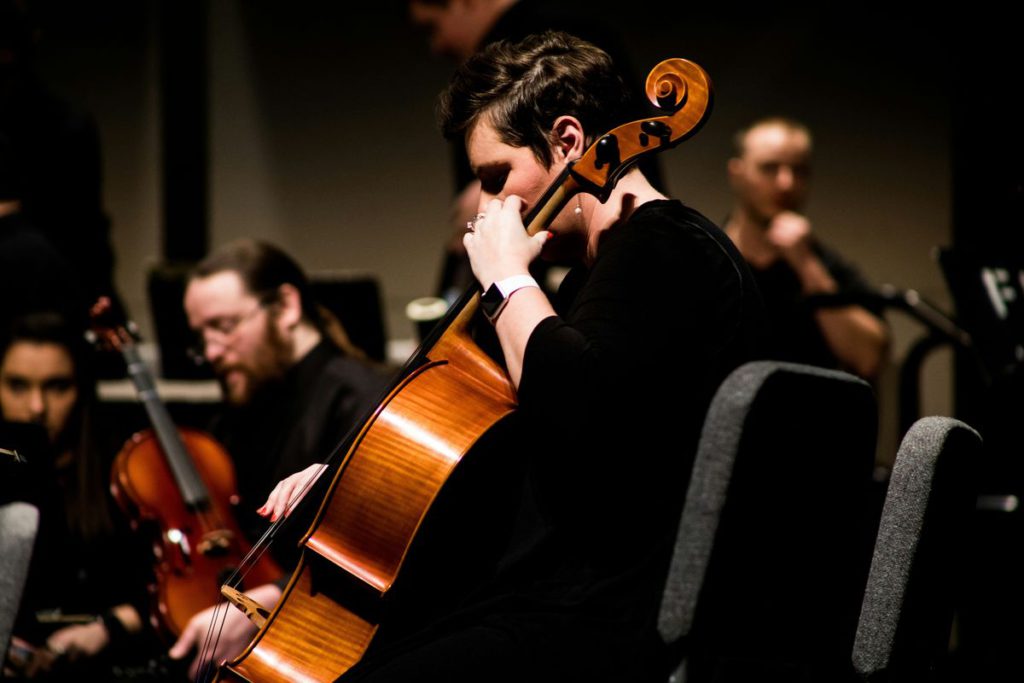
Auditions can be intimidating, but they’re an essential part of the journey. Prepare meticulously, focusing on your repertoire and audition etiquette. While rejection is part of the process, every audition is an opportunity to grow and gain confidence. Approach each one as a stepping stone toward your goals.
6. Care for Your Instrument
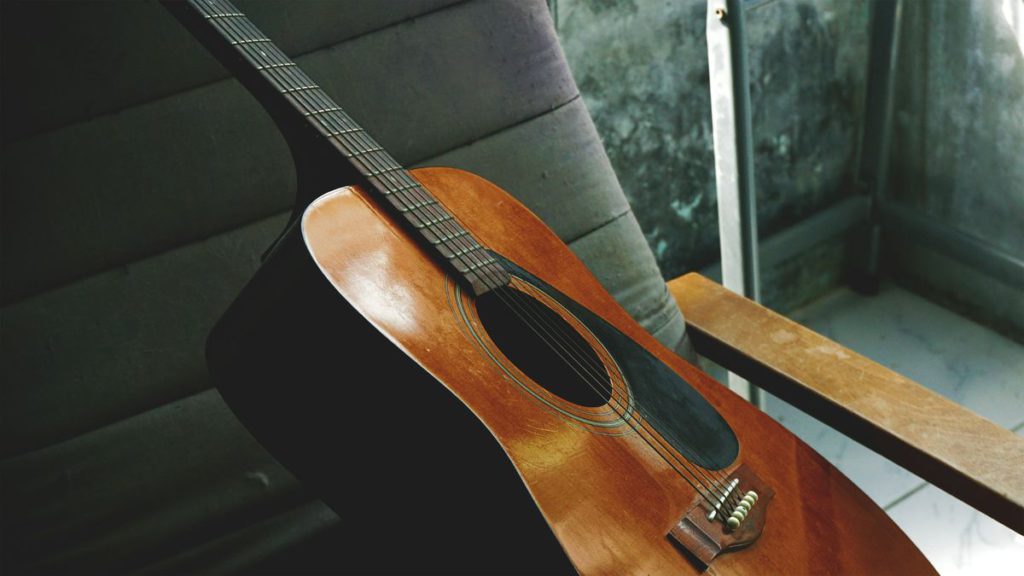
Your instrument is your partner in music, and proper care ensures its longevity. Clean it regularly, store it safely, and schedule maintenance when needed. A well-maintained instrument not only sounds better but also reflects your dedication to your craft.
5. Attend Classical Concerts

Live performances are an endless source of inspiration. Watching seasoned musicians perform not only hones your ear but also teaches valuable lessons about stage presence and musical interpretation. Plus, it’s a chance to connect with the broader classical community and soak in the magic of live music.
4. Tune Out Noisy Audience Members

Performing live often means dealing with distractions, from coughing to rustling programs. Learning to maintain focus despite interruptions is a skill every musician must master. Treat these moments as opportunities to strengthen your concentration and deliver your best performance no matter the circumstances.
3. Keep Practicing, No Matter What
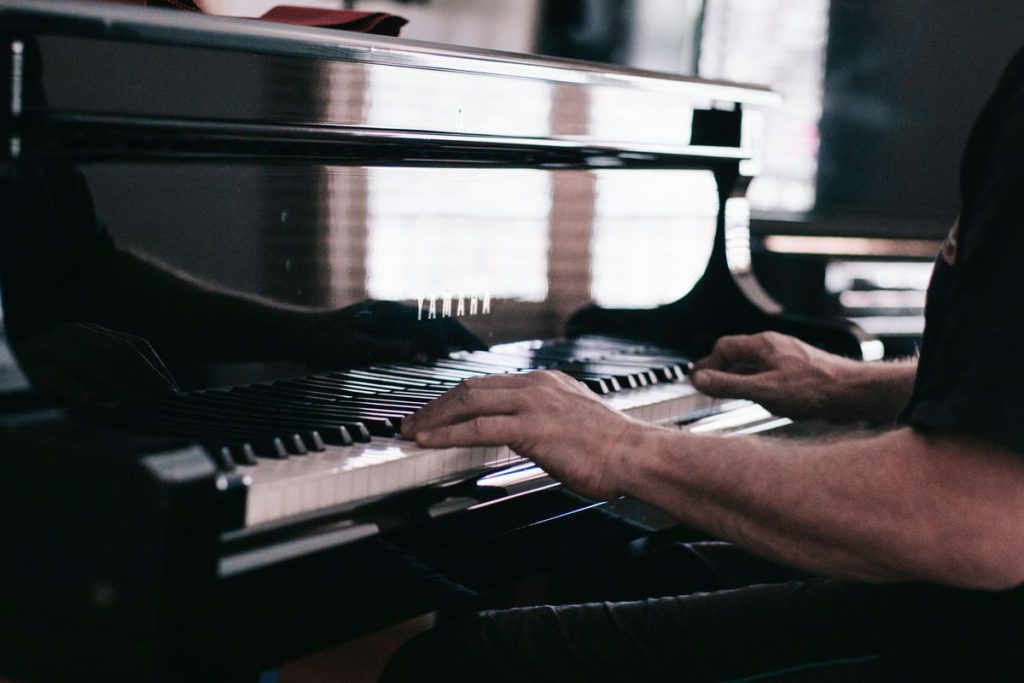
Life can get in the way, but persistence is key. Even if your practice time is limited, make it count. Consistency keeps your skills sharp and ensures long-term progress. Celebrate small wins and remember: every note played is a step closer to your goals.
2. Perfect the Art of Counting Rests
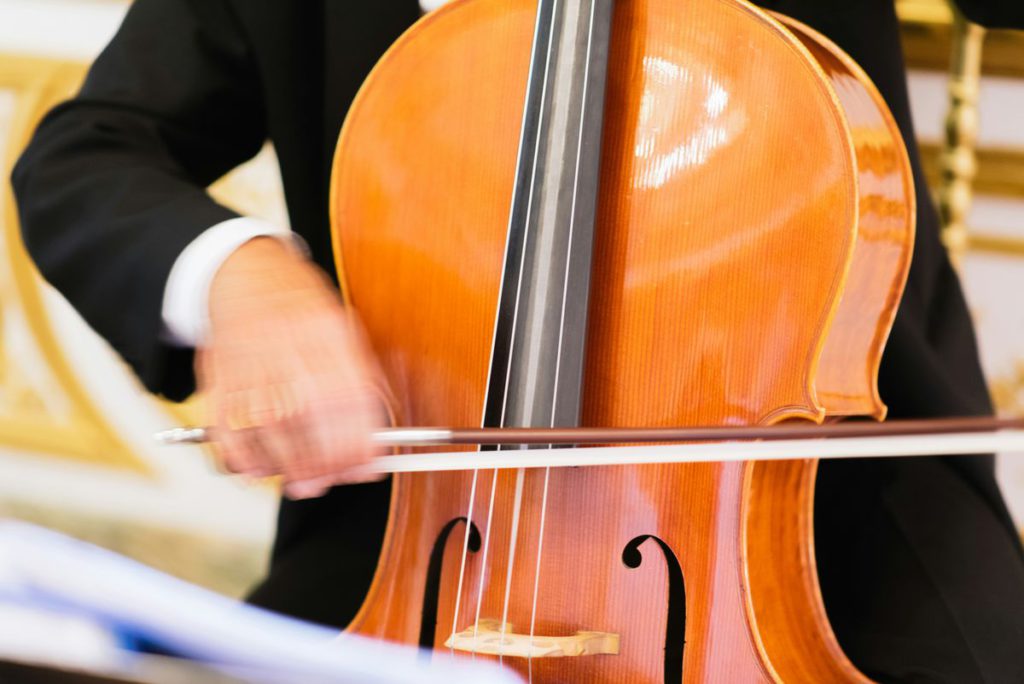
Counting rests is critical for ensemble musicians, especially brass players. Precision ensures you enter at the right moment, contributing to the group’s cohesiveness. Practice this skill diligently—it’s a simple but essential aspect of performing with others.
1. Laugh Off Mistakes (But Own Them)

Mistakes happen. While it’s tempting to blame your instrument, humor can defuse frustration and keep the atmosphere light. That said, growth comes from identifying and addressing errors. Balance self-awareness with self-compassion to keep improving without losing your love for the music.





















